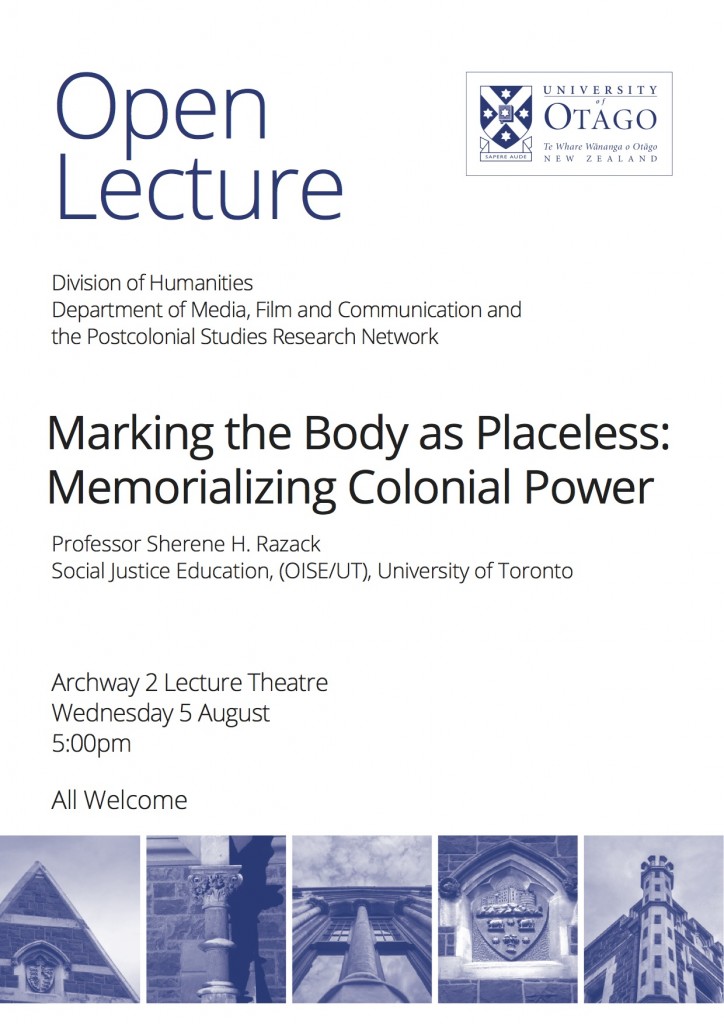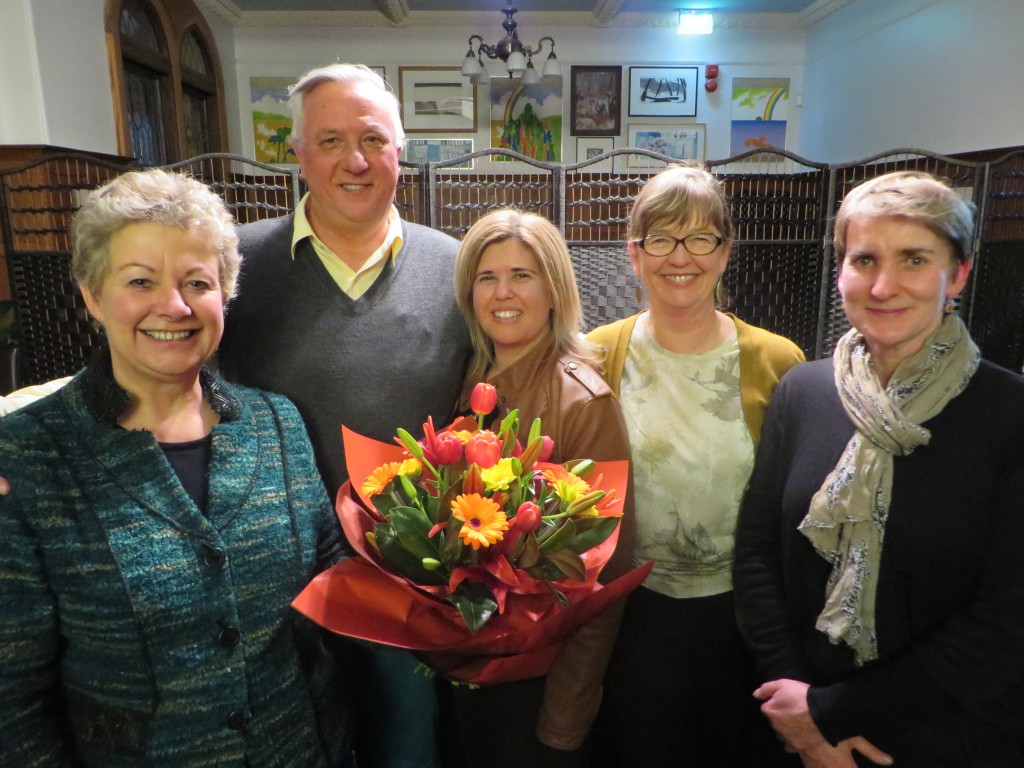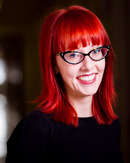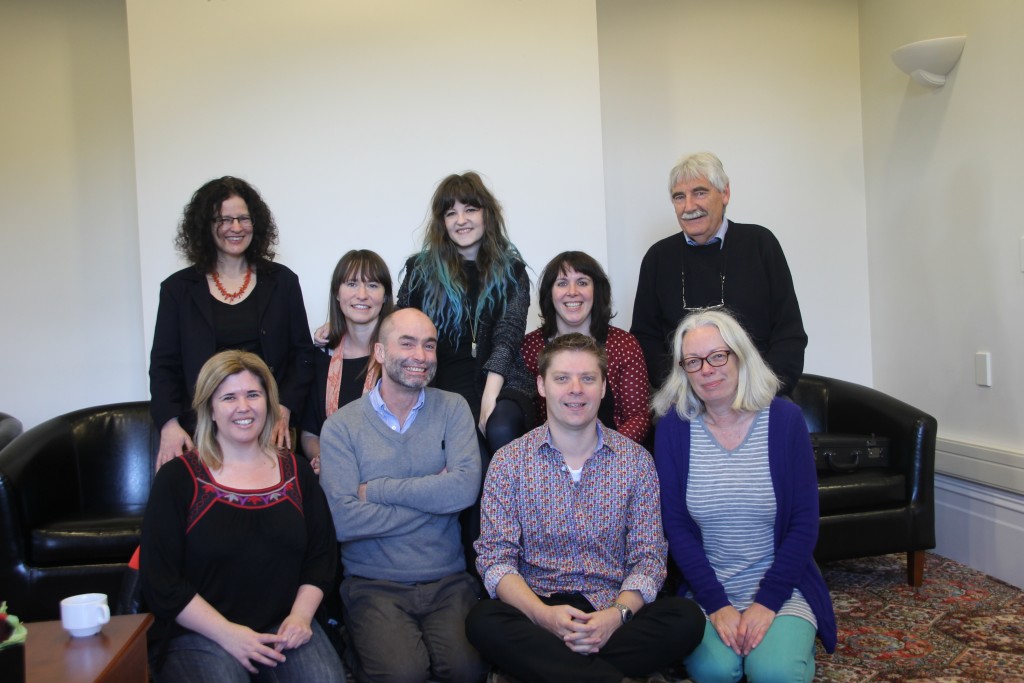Colonial Attritions: State Violence and Social Forgetting
Centre member Associate Professor Annabel Cooper is presenting at the Colonial Attritions: State Violence and Social Forgetting research symposium next week. She will speak on her current research, which is concerned with how the New Zealand Wars are publicly remembered, particularly through film. The research symposium will take place on Wednesday 5th August in Seminar Room 3, Central Library. All are welcome. Registration is $5 for students/unwaged and $10 for academics/waged, payable by cash on the day. You can find out more about the symposium, the programme of speakers, and read their abstracts in the Colonial Attritions booklet (attached). A public lecture by Professor Sherene Razack (University of Toronto) complete’s the days proceedings. This is a free lecture and all are welcome to attend.
The Lives of Colonial Objects
On the evening of 21st July, Otago University Press launched The Lives of Colonial Objects co-edited by Annabel Cooper, Lachy Paterson and Angela Wanhalla. This sumptuous, beautifully designed book of 50 short essays is the outcome of the Centre’s inaugural conference, Colonial Objects, held at Toitū Otago Settlers Museum in February 2013. Kāi Tahu kaumatua Edward Ellison and Emeritus Professor Erik Olssen co-launched the volume before a large crowd, including a number of the contributors and friends. Now that the book is in the world (and reasonably priced) we encourage you all to buy it!
Hocken Lecture
The Centre is delighted to hear that this year’s Hocken Lecture will be given by Professor Tony Ballantyne, the Centre’s director and the Head of the Department of History and Art History at the University of Otago. He will talk on ‘Archives, Public Memory and the Work of History’ in the Burns 1 Lecture Theatre, 95 Albany Street, on 6 August, beginning at 5.30pm. This is a free event and all are welcome.
A World History of Bluff
Michael Stevens, one of the Centre’s members, has had his research on the world history of Bluff featured on the University of Portsmouth’s Port Towns and Urban Cultures Project website recently. This site features research that fits the research group’s goals of “furthering our understanding of the social and cultural contexts ports across the globe from the early modern period. It recognizes the importance of ports as liminal places where marine and urban spaces converge, producing a unique site of socio-cultural exchange that reinforced and challenged identities, perceptions and boundaries.” It’s great to see Mike’s fantastic project on Bluff and its port getting international coverage. Well done Mike!
An exciting symposium on colonial childhood
The Centre for Research on Colonial Culture is hosting a free two-day symposium, ‘Unpicking the tapestry: children and young people in British colonial contexts’, comprising 16 different papers on this theme by a range of scholars from New Zealand, Australia, Canada, and the USA, and with roundtable discussions to end each day’s sessions. This will be held in the Seminar Room, Hocken Collections, 24-25 August. Click here for the Draft Programme.
As part of this event, Dr Kristine Alexander of Leithbridge University, a Canada Research Chair in Child and Youth Studies, will be giving a public lecture, “A Tangled Web: Childhood, Colonialism, and Archives”. This will be be held in Burns 2, 24 August at 5.30pm. All interested people are warmly invited.
In particular the symposium is interested in addressing a number of key questions which include: What does it mean to talk about ‘colonial childhoods or adolescence’ or to think about children and young people in relation to colonialism? What colonial sites were significant or influential for children’s and young people’s lives, and in what colonial sites were children influential? To what extent were children and young people constrained by boundaries or moved fluidly across boundaries (eg. gender, race or ethnicity, nation, class, religion), and to what effect? What are the sources for excavating and interpreting colonial childhoods? What are the gaps and silences? How do we negotiate these? In what ways might a comparative approach (across colonial societies) expand or limit our understanding of colonial childhoods and adolescence? What are the significant challenges and opportunities in this field of academic enquiry?
If you are interested in attending the symposium, please contact hugh.morrison@otago.ac.nz by the end of the month.
Centre member wins Ernest Scott Prize 2015
Congratulations to Professor Tom Brooking whose Richard Seddon, King of God’s Own: The Life and Times of New Zealand’s Longest-Serving Prime Minister was co-winner of the Ernest Scott Prize for 2015, with Alan Atkinson’s The Europeans in Australia, Vol 3: Nation. Tom is the second CROCC member to have won this prize awarded for “the most distinguished contribution to the history of Australia or New Zealand or to the history of colonisation”. Angela Wanhalla won in 2014, and Centre director, Tony Ballantyne, was shortlisted in 2013. Click here for the publisher’s info on Richard Seddon.
Finding India in Dunedin
Dr Jane McCabe will give a talk today on Dunedin’s Indian connections, specifically Kalimpong, where Dr. Graham operated an orphanage for Anglo-Indian children. Some of these children were sent to Dunedin in the early decades of the twentieth century. In the afternoon’s talk Jane will discuss the pathways and fate of these children once in New Zealand. Everyone is welcome to attend this free public event, which begins at 2pm in Toitu’s Auditorium.
New Zealand’s Sexual Histories
Over the past two days a group of scholars have been talking about sex, and New Zealand’s sexual histories in particular. Angela Wanhalla and Chris Brickell, both Centre members, co-convened this event, funded by a Rutherford Discovery Fellowship and the Centre for Research on Colonial Culture, which brought together 10 scholars for a pre-read workshop at St Margaret’s College on 1 & 2 July. Participants discussed the benefits and limitations of demographic approaches to the study of sexuality (Hera Cook), New Zealand’s anti-masturbation movement (Lindsay Watson), the Health Department’s sex education pamphlets (Claire Gooder), non-monogamy and swinging in post-war New Zealand (Lily Emerson), sexuality and morality in colonial Otago (Sarah Carr), sexuality and infertility (Jane Adams), intimacy, desire and friendship in young people’s diaries (Chris Brickell), and childbirth on migrant ships (Ali Clarke). Professor Matt Cook (Birkbeck) also participated in the workshop, in addition to giving a beautiful and elegant public lecture based on his latest book, Queer Domesticities: Homosexuality and Home Life in Twentieth-Century London (Palgrave, 2014). A special issue of the New Zealand Journal of History based on the papers presented at the workshop will appear in 2016. And we highly recommend you go listen to Professor Matt Cook talk about his new book at Victoria University of Wellington on Monday 6 July. Find out more about his talk here.





